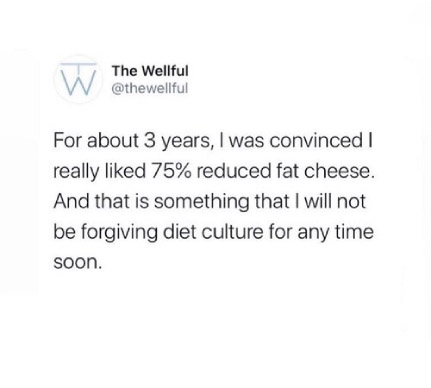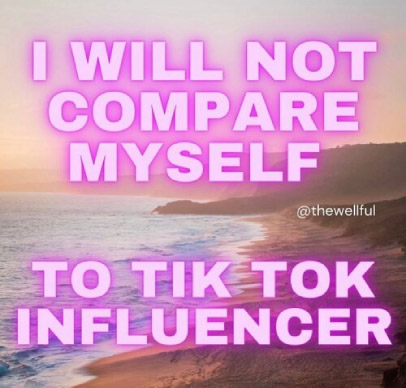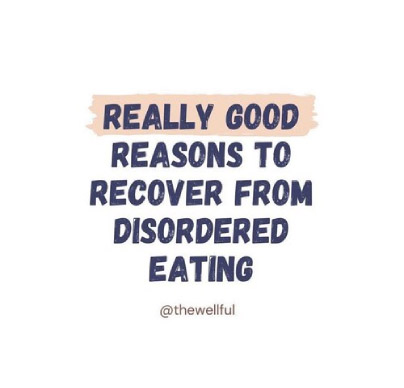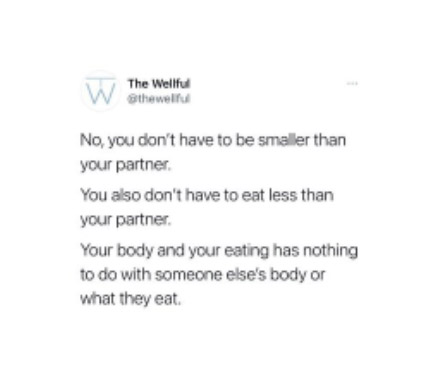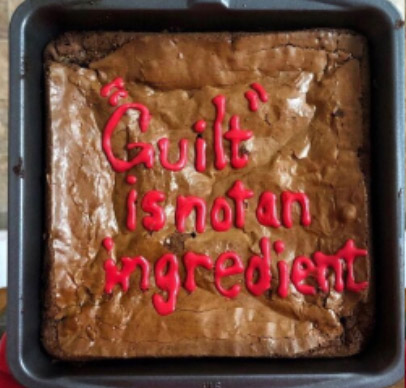Do you find yourself thinking about food all the time? Are you constantly planning your next meal? Or maybe you’re always trying to calculate the number of calories in a meal or portion. Feeling obsessed with food is common among people with disordered eating. It’s one thing to enjoy food for its taste, smell, and texture. Here at The Wellful, we fully celebrate that! It’s a whole another thing, however, to be constantly worried about food. Fears such as, How much am I eating? Am I eating too much? Am I eating too little? Am I eating the right or wrong things? could overtake all of your thinking, leaving you with little brain space for anything else. That’s not fair to you.
If you feel like you’re obsessed with food and want to find a way out, I’m here to help. As a registered dietitian with a person-centered approach, I can show you how to enjoy food as a part of your life, without letting it become your whole life. And if it feels like it has, that can change.
Recognizing the Signs of Food Obsession
One of the first steps in managing food cravings is to recognize the signs of an unhealthy obsession. Some signs to look out for include:
- Constantly thinking about food
- Always planning your next meal (even while you’re eating your current one)
- Checking nutrition labels obsessively
- Meticulously counting calories
- Obsessively weighing and measuring food portions
- Avoiding social situations because there will or won’t be food present
This list is not exclusive, but recognizing that you participate in any of these behaviors could be a sign of food obsession. If you resonate with them, it may be worthwhile to explore getting support from a registered dietitian and/or therapist.
Understanding the Underlying Causes
Now that we have identified some of the signs of an unhealthy food obsession, it’s time to dig into what can contribute to it.
Restriction
Restricting your food intake often leads to a preoccupation with food thoughts. After all, it only makes sense. If you’re only eating just enough to hold you over, chances are you’re hungry a lot of the time. Even if you don’t think you’re hungry, your body could be unconsciously signaling to your brain that it needs food, energy, and nutrients. The body-mind connection is pretty strong; don’t discount it! If this sounds like something you’re experiencing, just know that there is a way out. Working with a registered dietitian like myself could give you just the guidance and reframing you need.
History of Dieting
One common factor is diet culture which bombards us with messages of ideal body types and restrictive, or black-and-white eating patterns. These messages can fuel a disordered relationship with food and lead to obsessive thoughts and behaviors. If your patterns of eating have been irregular for a period of time, it’s common to feel obsessed, out of control or overwhelmed around food choices.
Emotional Triggers
In addition to societal influences, emotional factors can also play a big part in food obsession. Many people turn to food or away from it as a way to cope with stress, anxiety, or other emotions. My work with clients is to help you get to the root of the issue. The goal is to be able to eat and enjoy food without letting it overpower your every waking thought.
Understanding these underlying causes is crucial in breaking free from food obsession and developing a healthier relationship with food.
If You Feel Like You’re Obsessed With Food…
The first thing to remember is that there’s nothing wrong with you if you’re thinking about food more than usual. You are not broken and you are not bad. It just could be that we need to do a bit of work to figure out why food thoughts are consuming you. Some strategies I like to incorporate into my work with clients who feel obsessed with food include:
- Eat enough: The most natural result of not eating enough is: feeling out of control around food. Your body’s natural response to restriction (physical or mental) is to encourage you to eat and the more we restrict the more your body will want to compensate. Think about pulling a pendulum all the way to one side, it swings all the way to the other.
- Eat consistently: Aim to eat every 3-4 hours without long gaps between meals. Plan to keep a few satisfying snacks with you throughout the day so that you can respond to feelings of hunger or plan to eat when you know it’s been a few hours since you last ate.
- Give yourself permission to eat foods you enjoy: Just like we want to make food available physically, mental restrictions (like, “I can’t eat that food group” or “diet starts tomorrow”) can make you feel deprived or unsatisfied around food. Ask yourself if the way you are eating feels sustainable, do you allow yourself to eat foods you like? Is there flexibility in your eating? If your best friend was eating the same way you are right now, would you think it sounded like it was an adequate and enjoyable way of eating?
- Encourage variety: Generally speaking the Plate-By-Plate Approach is a good guideline to planning meals and snacks. Aiming to include all 3 major food groups at each meal and at least 2 food groups at snacks. If you are restricting a food group, like carbs, feeling out of control is a common result. Carbs keep you alive, and they’re your brain’s favorite source of energy.
- Manage stress: Explore stress-management techniques that work for you, such as meditation, yoga, or journaling. Finding additional ways to cope with stress can help take some of the pressure off of your food choices and the binge-restrict cycle you might be experiencing.
- Seek support: Reach out to a trusted friend, family member, or healthcare professional who can provide guidance and support on your journey towards a more peaceful relationship with food.
Discover a More Peaceful Relationship With Food at The Wellful
Everyone’s relationship with food is unique to them. Personal history, family, experiences, and so many other factors play into how we feel about the foods we eat. It is important to recognize that no food is inherently good or bad. At The Wellful, we firmly believe that all foods can fit into your life. Feeling obsessed with food could be distressing and uncomfortable, but it doesn’t have to be your way of life forever. By working with a registered dietitian like myself, you can break free from food obsession and live a life in which you enjoy eating for all that it offers.
Remember, developing a healthy relationship with food takes time and patience. Be kind to yourself throughout this process and seek support when needed.
To get started, schedule a free 15-minute consultation with Brenna today or contact The Wellful at 925-725-2761.






